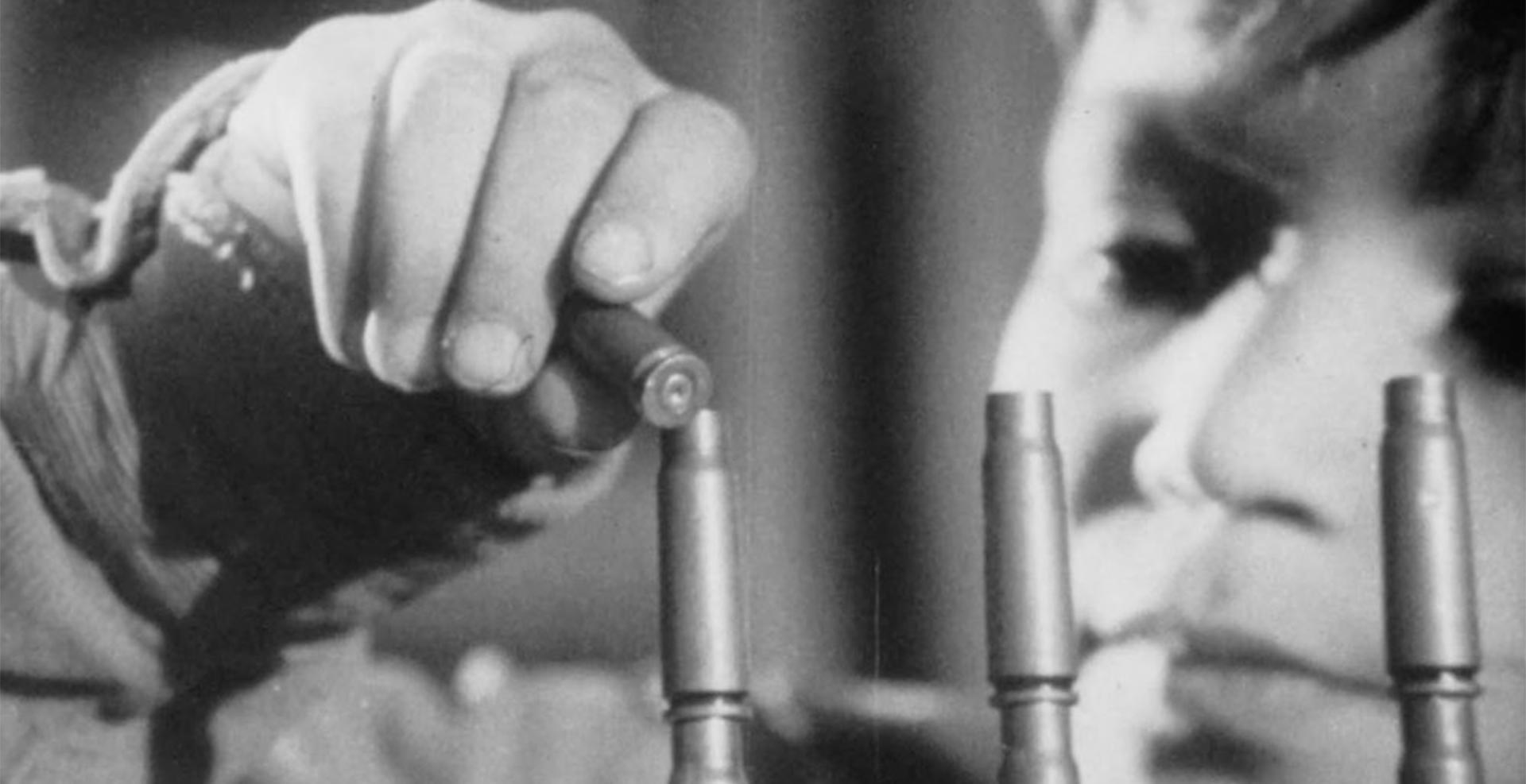Pre-festival warm-up: Art For The Struggle, Struggle For The Art
Our friends at Curzon are screening short films from the revolutionary period of Palestinian cinema from 1968 exploring the importance of archive film in social and cultural documentation. Curated by Saeed Taji Farouky, filmmaker and artist who creates films around themes of conflict, human rights, and colonialism, this event was originally for Safar Film Festival and is expanded for this BPFF event.
The screening will be followed by a discussion with Professor Anandi Ramamurthy on the enduring legacy of the work of the PFU, and the work of artists and archivists to preserve and reconstitute the archive.
Professor Anandi Ramamurthy is Emeritus Professor in Media and Culture at Sheffield Hallam University. Her research is focused on ‘race’ and racism in media and culture. She led a research project into Palestinian cinema and is a member of a creative coalition to restore and exhibit Palestinian films from the 1970s.
Far Away From Home (dir. Qais Al-Zubaidi, 1969, 11min)
A beautiful and moving experiment in which Al-Zubaidi invited the children he had just filmed in Al-Sabineh Palestinian refugee camp in Syria to narrate their own footage. The result is a disarming and reorienting experience that says as much about the construction of media perception as it does about the children themselves.
The Game (dir. Shirak, 1973, 16min)
A short fiction film—a rarity in the era of revolutionary cinema—that lays painfully bare the cycle of violence children are subjected to, and the inevitable consequences of that violence. The fatalism of The Game is a disturbing counter-point to the casual innocence of Qais Al-Zubaidi’s Far Away From Home, also part of this programme.
Cowboy (dir. Sami Al-Salamoni, 1973, 15min)
An experimental montage of archive and re-appropriated Hollywood footage that creates links between the treatment of Native Americans, the dispossession of the Palestinians, and the representations of these and other genocides in cinema history.
Quneitra 74 (dir. Mohammad Malas, 1974, 20min)
A peripatetic docu-fiction on displacement, reconstruction, and the fallibility of memory that returns to the Golan Heights village of Quneitra with its inhabitants after it was destroyed by the Israeli military. Never one to simply indulge in the aesthetics of ruins, Mohammad Malas’ protagonist looks us, the audience, in the eyes as if to remind the world outside of its complicity.
Children Without Childhood (dir. Khadijeh Habashneh, 1972, 21min)
Co-produced by the General Union of Palestinian Woman, this film from one of Palestinian cinema’s chief archivists reflects both the suffering and endurance of the orphans of Bayt Al-Sumud (The House of Steadfastness). Starkly revealing of the endless contradictions between international law and the reality of Palestine, Habashneh’s landmark work is an infuriating reminder that Israel’s physical violence and cultural genocide has changed little in over 50 years since this film was made.
